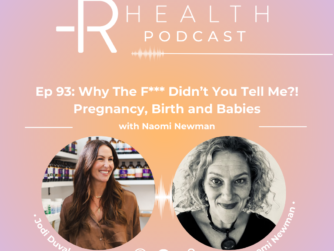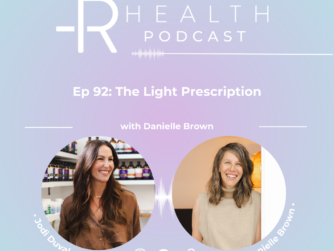In this episode, Jodi Duval chats with Greg Potter, PhD, as they explore the fascinating research behind nutrition, biological clocks, and all aspects of sleep. This episode is packed with valuable insights that will expand your understanding of these topics.
Greg Potter holds a BSc and MSc in Exercise Physiology from Loughborough University, where he coached a sprinter to four gold medals at the European Championships. He has also worked with high-performance groups such as The United States Naval Special Warfare Command on health and performance optimisation. Currently, Greg is the Chief Scientific Officer for a digital health startup.
His PhD work at the University of Leeds focused on sleep, diet, and metabolic health, and it has been featured by major outlets like the BBC World Service, the Washington Post, and Reuters.
In this episode, they discuss: The concept of chrononutrition and its relationship to fasting and ideal eating times. The importance of eating windows and the best time to consume energy for maximum benefit. How sleep and nutrition differ between males and females. The science of biological clocks, including circadian rhythms, light-dark cycles, peripheral clocks, and the impact of eating and fasting. How chronotypes affect sleep and why sleep is crucial for overall health and disease prevention. How much sleep is truly needed, along with dietary strategies to support good sleep. The significance of sleep across the lifespan, the role of sleep tracking, and the validity of sleep data. Caffeine and hydration implications for sleep quality. Why some people wake up at 2 or 3 a.m., and how to improve REM and non-REM sleep. The impact of light and the environment on sleep quality, and how to improve the sleep setting. Sleep aids and supplements, with a focus on resilient nutrition strategies.
Connect with Greg:
Instagram: @gregpotterphd
Website: resilientnutrition.com








